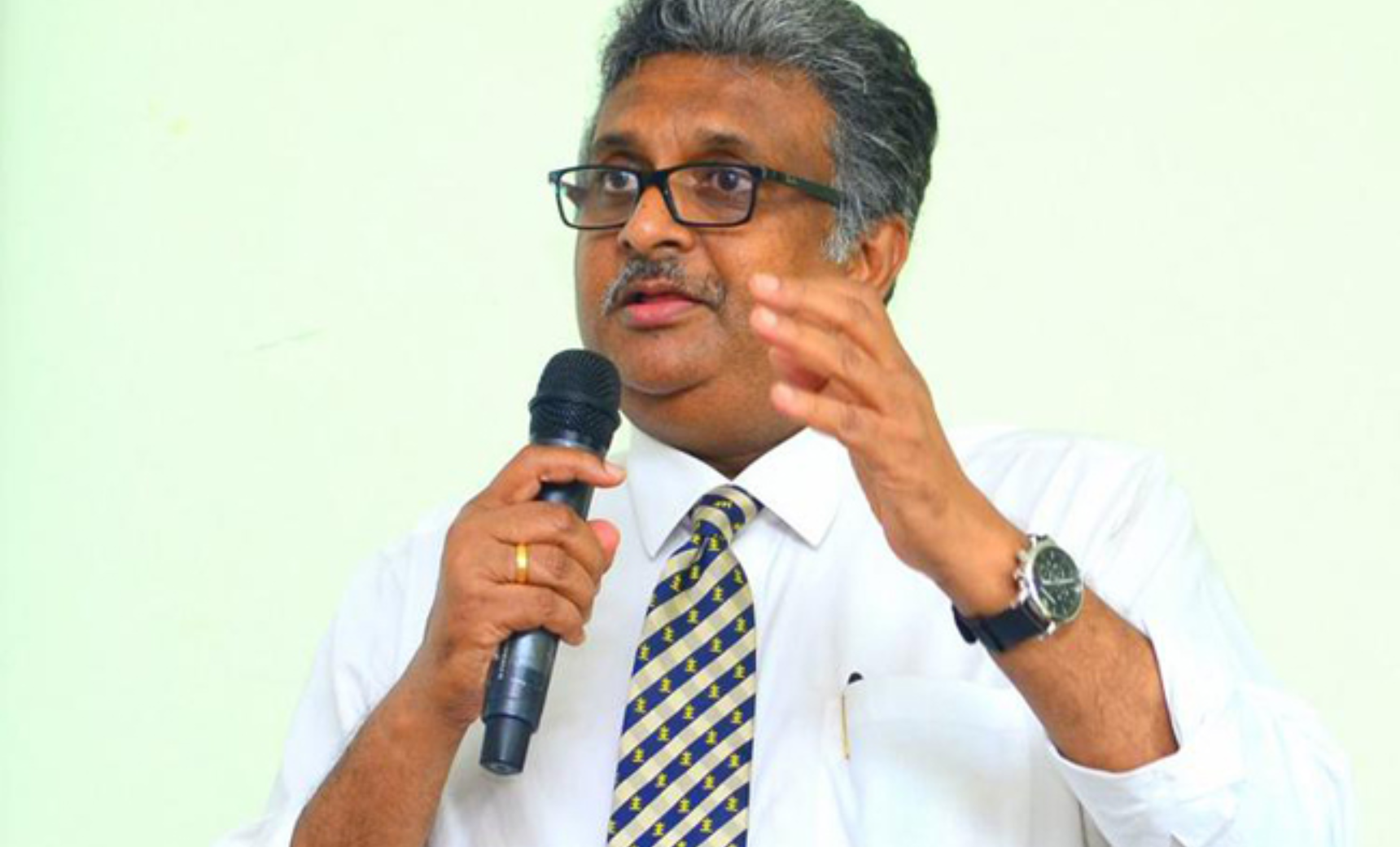Professor Sampath Amaratunge, Chairman of the University Grants Commission (UGC), addressed the ongoing strike by non-academic staff in universities, highlighting that despite the strike, academic staff continue to deliver education to students through online platforms. Emphasizing the resilience of the university sector, he noted that online lectures have been successfully conducted throughout the Covid-19 pandemic, ensuring continuity in education despite physical campus closures. In a recent study on higher education in Asia, Sri Lanka emerged as a leader in online teaching, reflecting the effectiveness of the transition to digital learning.
However, Prof. Amaratunge expressed concerns about the impact of the strike on students’ education, particularly regarding the admission process for first-year students. He emphasized that while workers have the right to protest for their demands, such actions should not compromise students’ educational opportunities. The disruption caused by the strike has hindered the admission process, potentially affecting the academic progress of incoming students.
The Chairman underscored the importance of finding a balance between addressing workers’ grievances and ensuring uninterrupted educational services for students. He urged stakeholders to prioritize dialogue and constructive engagement to resolve the issues underlying the strike. Prof. Amaratunge’s remarks highlight the challenges faced by the university sector amidst labor disputes and the imperative of safeguarding students’ academic interests during such periods of unrest.
As the strike continues, the UGC remains committed to facilitating meaningful dialogue between university administrations and non-academic staff unions to reach a resolution that safeguards the interests of all stakeholders. Despite the disruptions, efforts are ongoing to mitigate the impact on students and uphold the integrity of higher education in Sri Lanka.


